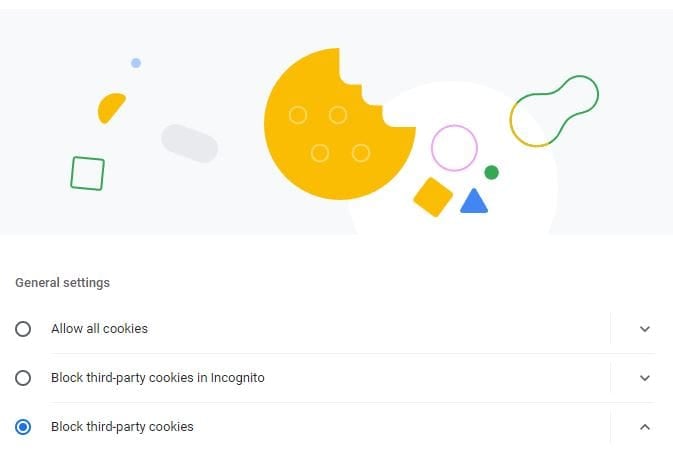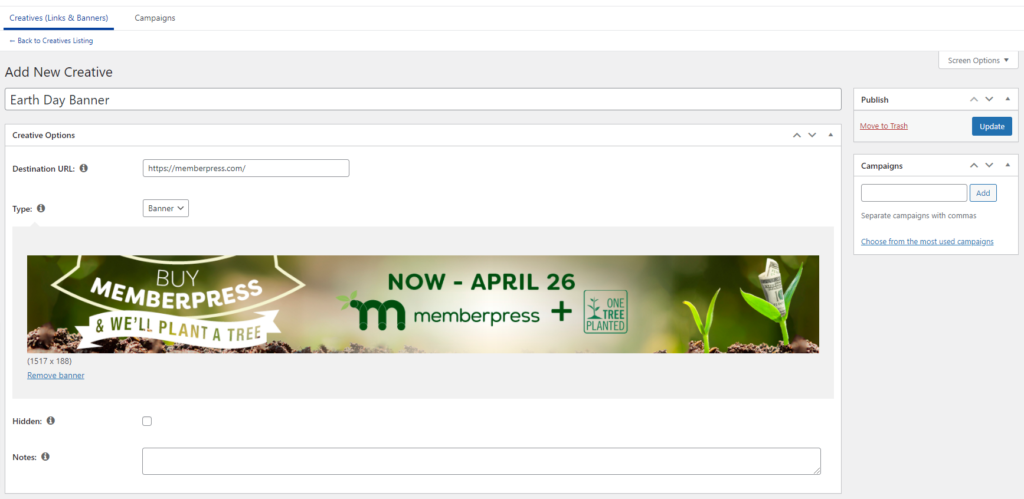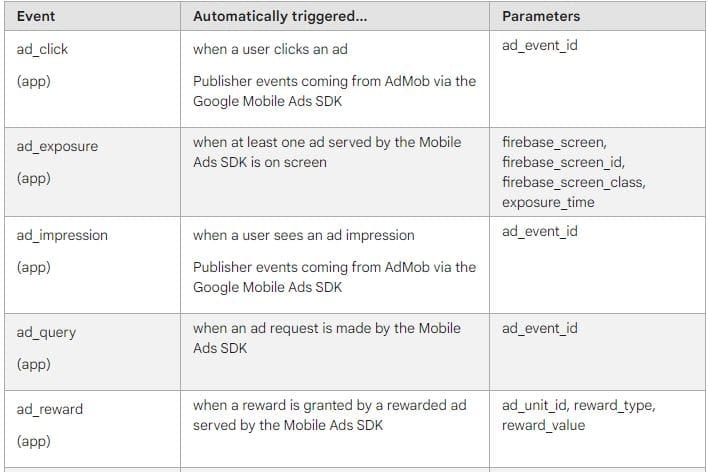Contents

Cookies are integral components of affiliate marketing. Therefore, it's no surprise that marketers everywhere are stressing about the death of the third-party cookie. As an affiliate marketer, you may be worried that you won't be able to collect relevant data on your audience.
Once third-party cookies become obsolete, many brands will need to revamp their affiliate marketing strategies. Luckily, using third-party cookies isn't the only way you can get credit for your promotions. With just a bit of planning, your affiliate marketing strategy won't be vastly affected by eliminating cookies.
In this post, we will discuss why the future will be “cookieless” and explore how it will affect affiliate marketing. Then, we'll outline some tips you can use to plan for a cookieless future. Let's get started!
What Are Cookies (and Why They Matter)
Cookies are small pieces of data that are created by websites. They provide brands valuable insights into who their customers are by creating unique profiles with their information. This data can then help improve user experience, increase website functionality, and put targeted ads in front of the right audiences.
Several types of cookies exist. However, first and third-party ones are the core components of affiliate marketing.
First-party cookies exist on websites and track operations from page to page. They enable sites to collect information such as login credentials and cart information for ecommerce stores. Fortunately, first-party cookies will still be part of a cookieless feature.
In contrast, third-party cookies are stored in browsers. They track user behavior and online habits:

Marketers typically use them through referral links. When you insert your unique affiliate URLs into your posts and pages, the third-party cookies track the conversion activities.
Why Browsers Are Eliminating Cookies
Many consumers are increasingly worried about privacy violations related to cookies. In fact, up to 79% of Americans are concerned about how companies use their data. These concerns directly relate to third-party cookies and how companies access and control information. Therefore, many users are requesting transparency and control over how websites utilize their data.
Browsers such as Firefox and Safari have already eliminated third-party cookies in response to users' privacy concerns. At the same time, Google plans to phase out third-party cookies in Chrome by 2023.
Additionally, Google is developing its Privacy Sandbox initiative to prevent anonymous web tracking and provide publishers with less-invasive means of monitoring.
How a Cookieless Future Affects Affiliate Marketing
At its core, affiliate marketing is an intimate advertising experience between consumers and the affiliates they trust. So, using third-party cookies to compile customers' data without their knowledge and advertising could undermine this trusting relationship.
Furthermore, you'll need to be more creative about how you collect data on your customers. If you want to track user behavior and develop your advertising strategies, you'll need to do this without third-party cookies.
However, by not relying on third-party cookies, your brand may be able to collect more precise information. Then, you can use it to provide a better advertising experience to consumers, leading to more conversions.
Fortunately, many brands are already using non-invasive ways to track their customers. However, you may need to rework your marketing plan to emphasize these strategies.
How to Prepare for a Cookieless Future (3 Methods)
A cookieless future does not mean the end of affiliate advertising. In contrast, it just means your brand will need to be more creative and transparent in the way it collects customer data. Let's take a closer look at non-invasive forms of data collection for affiliate marketing and how to make the most of that information!
1. Collect Zero-Party Data
Zero-party data is a transparent way to assemble accurate information directly from consumers. It is a cost-effective form of data collection that allows brands to gather data straight from the source. Furthermore, it enables you to engage with your customers in meaningful ways.
Polls, quizzes, and product giveaways are all forms of zero-party data collection. You are essentially creating a fun way for customers to give you their information without infringing on their privacy:

Users opt-in to these competitions, so you'll be free to use their data. With the information, you can create personalized advertising campaigns and better target your content to your audience.
2. Use Referral Codes
Custom referral codes are simple, cookie-free ways to track affiliate conversions. They may take the form of coupons that customers apply to their purchases. When these consumers use the referral codes to buy items, the marketer who owns the coupon will receive credit.
You can create banners with embedded coupons or simply provide codes to your customers. Using this method, you'll also see which types of customers use different kinds of coupons.
If you run your own affiliate program, you can set up coupon codes with our sister plugin Easy Affiliate. Using the Links and Banners Creatives tool, you can generate coupons and upload them to your affiliate dashboard:

Then, you can assign coupons to different affiliates within your program. You'll be able to see an overview of the customer data from the Easy Affiliate dashboard.
3. Organize and Understand Your Data
In the cookieless future, you'll be unable to use third-party cookies to analyze customer data. However, you can utilize tools such as Google Analytics to view consumer behavior and demographics.
The new Google Analytics 4 aims to bridge the gaps created by a cookieless future. This software version uses first-party cookies to track data. It also places more focus on event-based conversion tracking:

It uses events to collect data on customer actions. For example, the YouTube Web Engaged View Conversion (EVC) event identifies when a user watches a YouTube video for more than ten seconds. It also informs you if that customer has completed a conversion on your website within three days.
Using Google Analytics is an integral part of almost any affiliate marketing strategy. As such, we recommend spending some time familiarizing yourself with the platform.
Conclusion
Affiliate marketing has become an increasingly popular form of advertising that can generate a passive income stream. However, many affiliate strategies have relied on third-party cookies to collect user data. With a transition toward a cookieless future, you'll need to be more creative to learn about your potential customers.
To recap, you can prepare for a cookieless future by:
- Collecting zero-party data from quizzes and giveaways
- Using coupons to track conversions
- Organizing and understanding your customer data with Google Analytics 4
Do you have any questions about preparing your affiliate marketing strategy for a cookieless future? Let us know in the comments section below!
If you liked this article, be sure to follow us on Twitter, Instagram, Facebook, and LinkedIn! And don't forget to subscribe to our newsletter.



Good Collecting zero-party data from quizzes and giveaways
Writer did justice and a wonderful job, from now on we are expecting more from you like this.
Thank you for sharing this amazing post.
Excellent blog. You have shared some wonderful tips.
Very useful blog and helpful post .
Keep sharing this type of post.
Thanks a lot for sharing this amazing knowledge with us.
The author did justice and did a wonderful job, thank you so much for sharing this wonderful knowledge with us.
The first point is ultrapractical, the second point is ultrapractical, the third point is also ultrapractical.
Thanks a lot, admin!
The article you have shared here is very awesome, so I read your article deeply and always keep in mind these points you mentioned here.
Thanks a lot, admin!
Such an important educative blog, Thanks for these worthy tips in this article!
I read you daily keep it up sir
best one
This blog is really helpful for fitness tips. This blog gave a piece of better information about fitness in your body.
Very good information shared, thanks for this.
Very good article shared, thanks for this.
Is there any example of company (use case) that already works out from 3rd party cookies right now?
Nice post! Thank you for sharing the post.
You have shared a really good article, Thanks for this.
thank you for sharing. this really helpfull